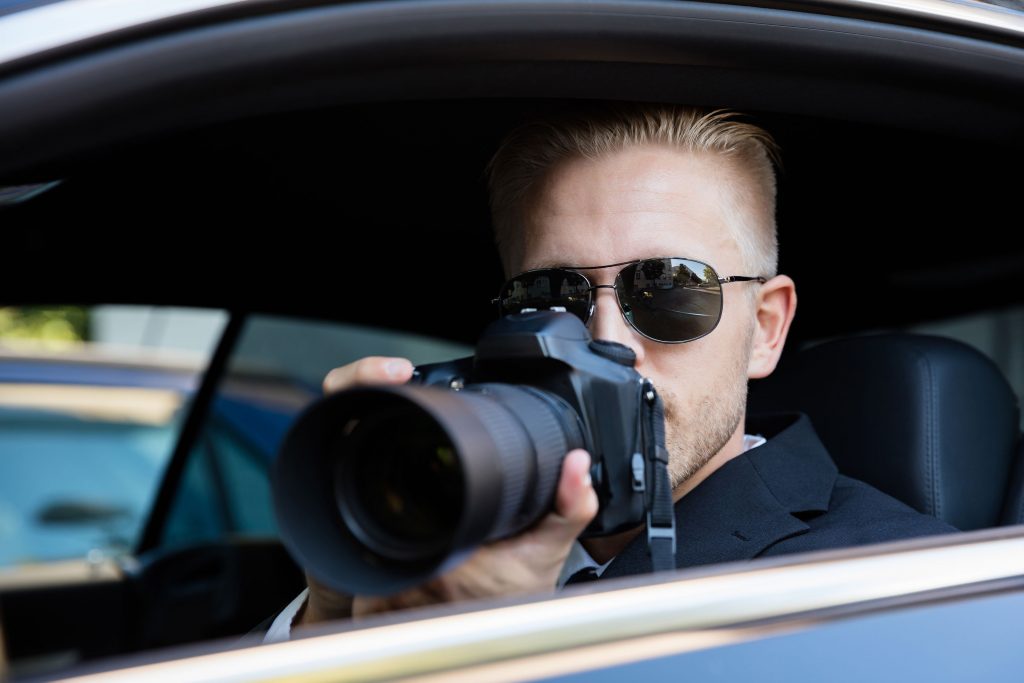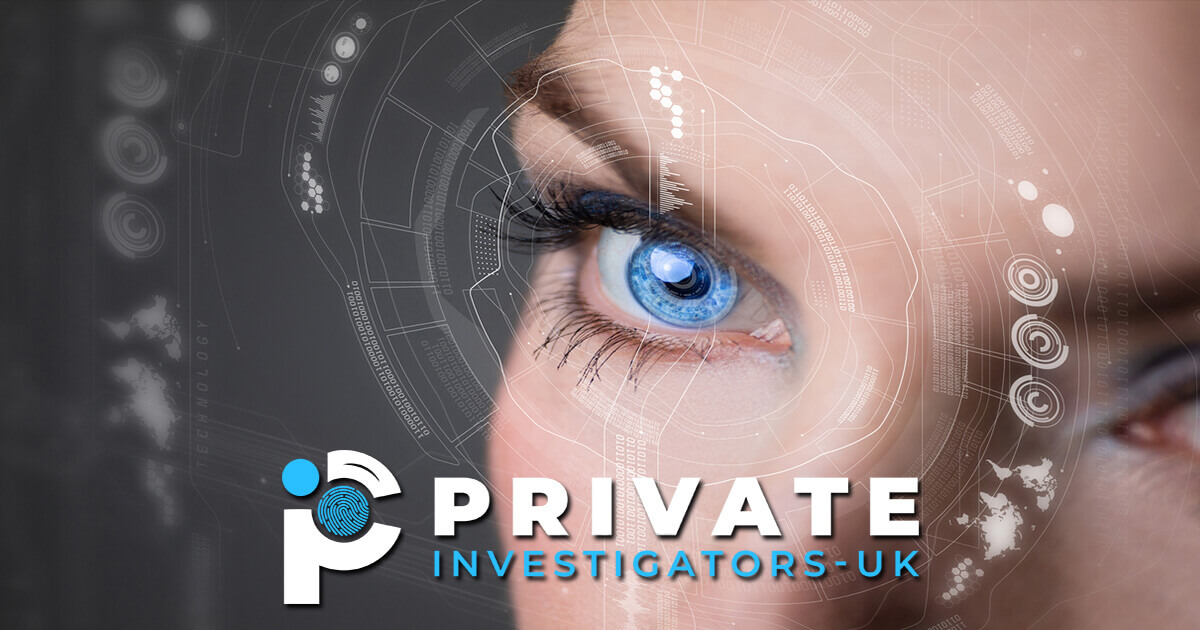Top Suggestions For Selecting Local Private Investigators
Wiki Article
How Can You Tell Whether A Private Eye Is Certified Or Licensed?
Ensuring that a private investigator is licensed and certified in accordance with the laws of the state that they are operating in is vital to ensure their credibility and compliance with standards of law. You can check the licensing and certification of a private investigator by checking the official licensing boards for government agencies.
Contact the licensing or regulatory agency for private investigators in the area where the investigator is located. The information is available at the state and provincial levels. You can contact the state or local government online.
Online Licensing databases
Some states allow citizens to check private investigators' licensing status online. Search the relevant licensing boards online database for the name of the investigator or for the agency.
Ask for License Information
Request the private investigator to provide their license directly. Genuine investigators will be able to provide their license number, expiration dates, and any other relevant information. The information provided should be checked with the licensing board.
Find professional associations.
A number of private investigators belong to professional associations, each with their own ethics code and standards. Although membership in an organization does not confer official license, it could offer assurances of the professionalism of a private investigator. Examples include the National Association of Legal Investigators (NALI) or the Council of Private Investigators of Ontario (CPIO).
Contact State or Provincial Police
Certain jurisdictions have lists of licensed private detectives. Contact your state or provincial police department or relevant police agency for information about an investigator's licensing status.
Utilize Online Resources
Online resources can aggregate information about licensed professionals. Although they might not be official they may provide details or hyperlinks to databases of official quality.
Check Business Licensing
In addition to the license of the investigator as an individual, be sure that the private investigation agency also has the business licenses required in the jurisdiction. It is crucial to verify the legitimacy of an investigation.
Contact Regulatory Authorities
If you are unsure or concerns, reach out directly to the regulatory authority overseeing private investigators in the area. They can verify the license requirements and the status of the license.
Information to cross-check
Verify the information provided by the private investigator against the official records maintained by the licensing board. Check the information provided by the investigator, such as their name as well as their license number and expiration date.
Red Flags are a Warning
Be wary of an investigator who refuses to divulge information about the license or if the information provided appears to be incongruous.
You should be aware that licensing and certification requirements differ based on the state in which you work. Thus, it is crucial to familiarize yourself with local rules and regulations. To ensure that the quality of service and legality Always work with certified and licensed professionals. Take a look at the most popular Best Private investigators for more examples including private investigator website, private investigator office, dothan private investigator, private investigator information, cheap private detective, cheap private investigator, private investigator pi, private investigator phoenix, private investigator utah, pi firms and more.

What Do I Need To Be Aware Of Regarding Surveillance Investigations
Surveillance involves the constant observation of persons, places or activities with the intention of collecting information, monitoring behavior or collecting evidence. These investigations may be conducted to resolve legal issues and corporate concerns, as well as personal issues. Here's what you need to be aware of regarding surveillance investigations.
Surveillance can be conducted to satisfy a variety of reasons. For example, to collect evidence for court cases, monitor employee conduct, look into insurance fraud, assess the activities of a person or the security of a place.
Legal and Ethical aspects
Surveillance should adhere to the ethical and legal guidelines. Investigators should respect privacy laws, refrain from trespassing and make sure that their actions are in accordance with any applicable laws.
Different Types of Surveillance
Static Surveillance Monitoring a person or fixed place from a stationary location.
Mobile Surveillance Follows an individual or a person of interest while they travel from one location to another.
Covert Surveillance Monitoring discreetly without the subject's knowledge.
Overt surveillance Monitoring that is conducted in openness to detect or observe, without hiding any information.
Technical Surveillance employs devices like cameras, GPS tracking, and other electronic devices to gather data.
Surveillance Equipment
Investigative tools and equipment are used for surveillance. This includes binoculars as well cameras (both stills and video), GPS trackers.
The Cover and the discretion
To prevent being detected, surveillance personnel must be discreet. This may include the use of unmarked vehicles, or blending with the surrounding or concealing themselves.
Observation Skills
To be effective in surveillance, you must have a keen eye for specifics. Investigators should be attentive to detail, take note of any changes in behavior, and take note of their observations.
Strategies and Planning
Strategies and planning are vital for surveillance operations. Investigators should plan their routes and identify which vantage points are most effective.
Communication Skills
Communication is essential for teams of surveillance personnel. Clear, concise communication will ensure that your team stays informed and coordinated.
Legal Authorization
In some cases surveillance might require approval from the law. It is important to know that this can be the case when surveillance activities are conducted by private investigators or law enforcement.
Documentation
It is crucial to record every surveillance activity. Investigators should keep detailed documents, including timestamps and descriptions of the actions observed and other pertinent information.
Adaptability
Investigators must be adaptable and flexible in order to alter their strategies as quickly as is possible.
Report Generation
Investigators produce detailed reports summarizing their findings. They are typically used in legal proceedings or as a way to present the results of surveillance to customers.
Ethical Conduct
The conduct of investigators that is ethical is vital in the conduct of surveillance investigations. Operatives are required to act within the confines of laws and ethical guidelines by avoiding actions which could jeopardize investigations, or violate individuals' rights.
Safety Factors
It is important that security personnel prioritise their safety and that of other people. It is important to avoid dangerous situations, adhere to the traffic laws while performing mobile surveillance, and make sure to take safety precautions to avoid confrontations.
The investigation of surveillance requires an amalgamation of expertise technology, ethics, and considerations. A thorough surveillance process is vital to gathering accurate data and achieving the goals of an investigation, regardless of whether it's conducted for corporate or legal reasons. Check out the best Private investigators for site examples including private investigator surveillance, private investigation agency near me, private detective, international investigators, private investigator office, private investigator fees, private detective phoenix, asset investigation, best private investigators near me, private investigator website and more.
